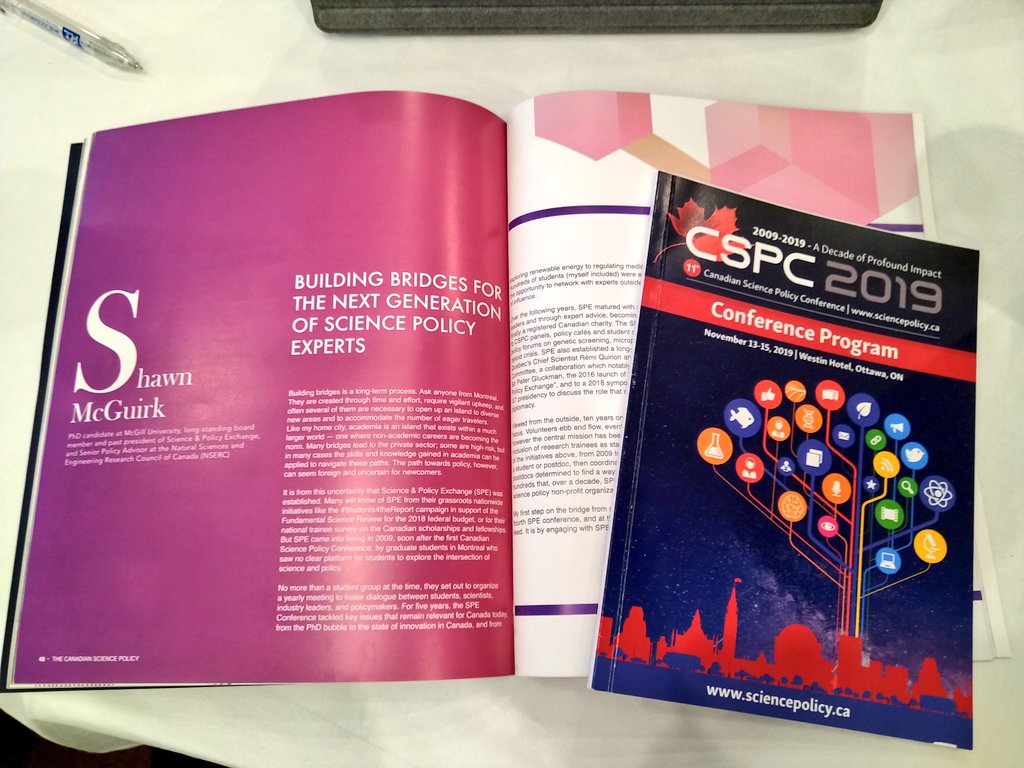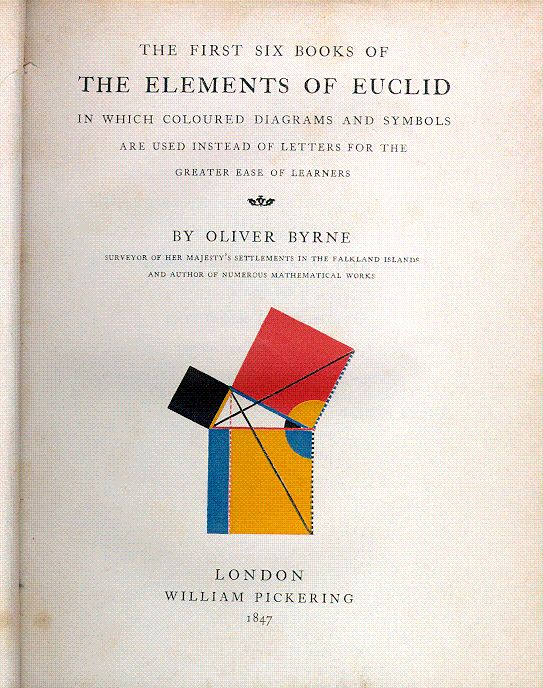At Seed and Series, it’s more of an art, akin to abstract expressionism.
Here are some tips to help entrepreneurs nail the process:
/1
The easiest way to win at diligence is by providing prompt, clear responses to requests for data, customer introductions, or to discuss findings.
My partner @epaley explains why this is so important here:
medium.com/@foundercollec…
/2
Did you earn a reputation for stepping on toes early in your career? Is there a skeleton in your career closet? If so, get ahead of this revelation. If you can’t hide it, flaunt it. Explain how this dark spot shaped your path for the better.
/3
Is this VC guided by evidence, or swayed by stories? Try to understand their worldview and point them towards sources that will jive well with it. The human connection is critical in this relationship - try use it to your advantage.
/4
98% of the time, when VCs talk to subject matter experts about your startup, the person they ask will provide negative feedback. They’ll say it’s a very tough business to break into, to scale, etc.
Prepare the VC for this pushback.
/5
Assuming they’ll get pushback from their connections, give your VC clarifying questions they can ask. You want to jar jaded experts from their preconceived notions. Ideally, you want these critics saying to the VC: "That just might work …"
/6
"This startup is approaching go-to-market with a highly unusual channel - does that change your view?"
"They’re focusing on a unique geo or underserved customer - does alter your perspective?"
/7
If the VC has an analyst, do everything in your power to help that person advocate.
Help them understand key inputs, produce whatever data they request. Give white-glove service.
Their positive analysis can sway opinion in your direction.
/8
So if you can think of an effective strategy that helped you close the deal, please do add to this list for all of our benefit!
(& have a good weekend)
/End






